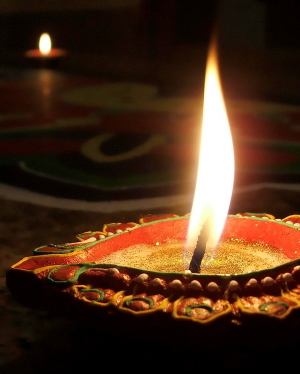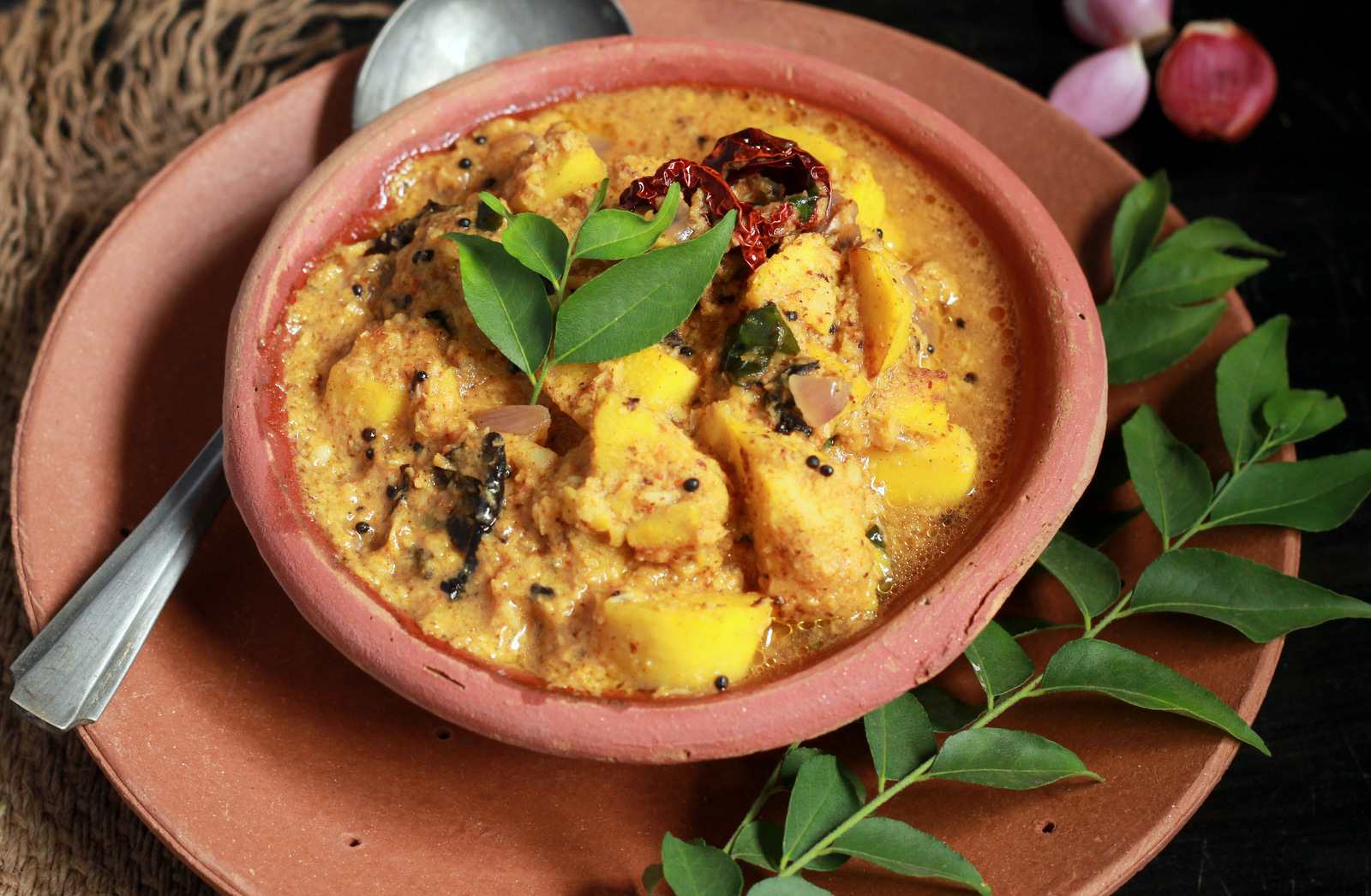THURSDAY, NOVEMBER 4: Today begins Diwali, the ancient Hindu festival of lights. In recognition of the triumph of light over darkness, Diwali bears great significance for Hindus, Jains and Sikhs alike; as awareness of Indian culture spreads, major celebrations now are hosted around the world.
In recent (non-pandemic) years, more than 1 billion people across the globe celebrate Diwali. This year, in addition to restrictions being in place, many festivals will be seeing some changes. (For example, Leicester’s massive Diwali festival will, this year, host three screens of pre-recorded programming in place of a stage, and a “Fire Garden” will be set up in place of fireworks. Read more from the BBC.)
(Please note: Dates and spellings of Diwali may vary by country and region. This festival is also called Deepavali, or Dipavali.)
DIWALI PREPARATIONS: A MULTI-DAY CELEBRATION
Preparations for Diwali begin weeks in advance. In a shopping extravaganza, gold jewelry, fine clothing, sweet treats and household goods fly off racks in marketplaces across India. At home, surfaces are scrubbed clean, women and children decorate entrances with Rangoli and men string strands of lights. Official celebrations begin two days before Diwali, and end two days after Diwali—spanning a total of five days. During this five-day period, the old year closes and a new year is rung in.
In the two days prior to Diwali, celebrants wrap up their shopping, bake sweets and bathe with fragrant oils. On Diwali, excitement builds as evening approaches. While donning new clothing, diyas (earthen lamps, filled with oil) are lit, prayers are offered to deities and many households welcome Lakshmi, the goddess of wealth and prosperity who is believed to roam the earth on Diwali night. To receive the blessings of Lakshmi tonight means a good year ahead. And, families gather for a feast of sweets and desserts.
The day following Diwali is Padwa, honoring the mutual love between husbands and wives. The next day, Bhai Duj, celebrates the sister-brother bond. On Bhai Duj, women and girls gather to perform puja and prayers for the well-being of their brothers, and siblings engage in gift-giving and the sharing of a meal.
ATMAN: PURE AND INFINITE
Several Hindu schools of philosophy teach the existence of something beyond the physical body and mind: something pure and infinite, known as atman. Diwali revels in the victory of good over evil, in the deeper meaning of higher knowledge dissipating ignorance and hope prevailing over despair. When truth is realized, one can see past ignorance and into the oneness of all things.
DIWALI AMONG JAINS AND SIKHS
On the night of Diwali, Jains celebrate light for yet another reason: to mark the attainment of moksha, or nirvana, by Mahavira. As the final Jain Tirthankar of this era, Mahavira’s attainment is celebrated with much fervor. It’s believed that many gods were present on the night when Mahavira reached moksha, and that their presence illuminated the darkness.
Sikhs mark the Bandi Chhor Divas on Diwali, when Guru Har Gobind Ji freed himself and the Hindu kings from Fort Gwalior and arrived at the Golden Temple in Amritsar. Today, Bandi Chhor Divas is commemorated with the lighting of the Golden Temple and more.
Interested in coloring pages, crafts, printables and a how-to video of the Jai Ho dance? Find it all and more at Activity Village.
from Religious Holidays https://ift.tt/3vEVdIG

 :: Unlock Your Success with Our Digital Course →
:: Unlock Your Success with Our Digital Course →















No comments:
Post a Comment